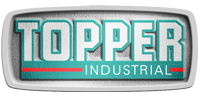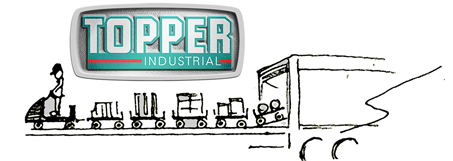Patrick Burnson, Executive Editor of Supply Chain Management Review, recently looked at the high stakes in recall management and how auto industry supply chain managers must take a hard look at a. analytics. While many auto executives (42.3 percent) expect more industry recalls in 2016, just 8 percent use advanced predictive analytics to help prevent, prepare for, and manage recalls, according to a recent online poll from Deloitte. Nearly one-quarter (23 percent) have no operational product safety and recall anticipatory analytic capabilities.
“The essential paradox is this: today’s vehicles are among the highest quality ever produced from a safety and reliability standpoint; innovations in technology have accelerated such that manufacturers can now identify emerging safety and quality issues much sooner than before; and, regulatory scrutiny of the auto industry has increased dramatically during the past 12-18 months,” said Robert Biskup, Deloitte Advisory director, Deloitte Financial Advisory Services LLP, and former automotive industry chief compliance officer. “While adequate early warning systems seem within reach, not all are taking advantage.”
Derek Snaidauf, Deloitte Advisory senior manager in advanced analytics, Deloitte Transactions and Business Analytics LLP, added, “Many automakers still take a manual, rearview-mirror approach to vehicle quality and safety. But, leading OEMs are starting to adopt innovative analytic capabilities like proactive sensing for early issue identification and command centers for campaign management. By cross-source correlating internal and external data sources, employing specialized advanced analytics, and leveraging interactive visualizations, these companies can improve customer satisfaction, vehicle safety, and brand perceptions. They also can realize significant reductions in their total cost of quality spend.”
Most respondents (90.8 percent) indicated that recalls are impacting the working relationships between suppliers and original equipment manufacturers (OEMs).
According to Ed Brown at Topper Industrial which services many of the top tier automotive companies and their suppliers migrate to a fork truck free environment, “Traditional fork truck delivery encourages batch delivery of large amounts of inventory or parts to an area for assembly or building. At a glance, this sounds like a good idea by in fact this just perpetuates the possibility for safety, quality, traceability, tracking, and ergonomics issues.”
By using the FTF methodology in conjunction with lean manufacturing principles and its problem solving techniques, delivery of parts or inventory can be controlled, stabilized, and synchronized to become an extension of the manufacturing process that they support.
Brown added, “Let’s take quality for example and the positive effects that FTF and ETO material handling equipment has on the process. With a FTF delivery process system we are able to ensure that FIFO (first in, first out) of material is utilized, allowing for better traceability if a potential issue does arise. Another benefit of FTF is that we can deliver the right part, in the actual place it is needed, in the correct amount for the job (space saving), at the right time. This enables us to help our customers develop more robust and stable processes at their facilities or factories to improve quality, utilize manpower more effectively, make a safer work place and increase the value added work across the whole manufacturing process.”

Topper brings companies considering a Fork Truck Free operation to various customer sites for benchmarking; to arrange an on-site benchmarking session call 800-529-0909.
Posted by Jillian Burrow, Marketing Manager for Topper Industrial – Material Handling Solutions
Visit Topper Industrial at MODEX 2016. To view video, go to: http://www.modexshow.com/attendees/youroneminute.aspx.


